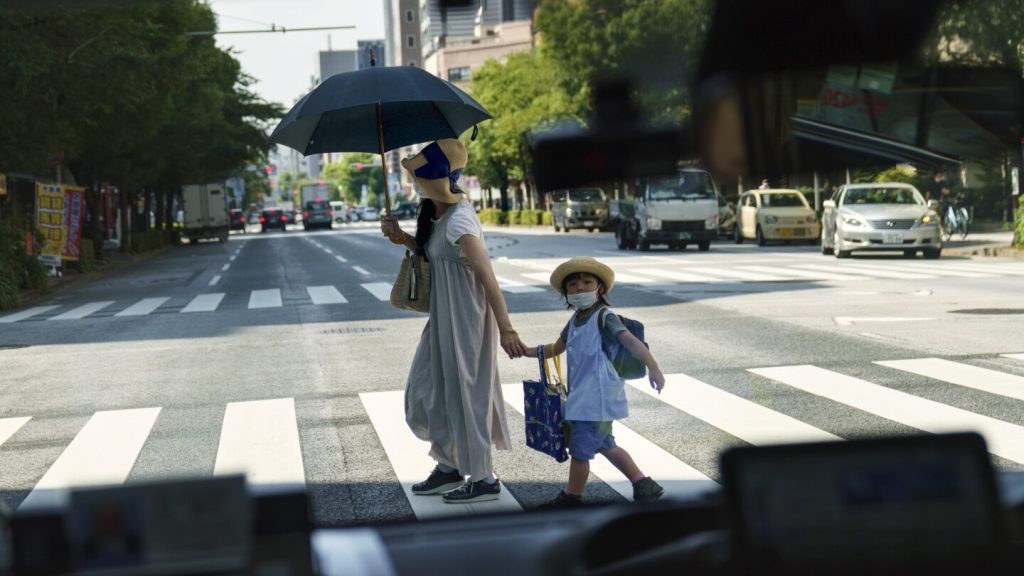Japan’s birth rate has hit a new low for the eighth consecutive year, with the fertility rate falling to 1.2 in 2023. This decline in births, coupled with a decrease in the number of marriages, has raised concerns about the country’s rapidly aging and shrinking population. Chief Cabinet Secretary Yoshimasa Hayashi described the situation as critical, emphasizing the need to reverse the trend in the next six years. Factors such as economic instability, challenges in balancing work and childrearing, and a traditional mindset favoring family values have contributed to the reluctance of young people to marry and have children.
In response to the declining birth rate, Japan’s parliament approved a revision to laws aimed at providing financial support for parents raising children and expanding access to childcare services. The government has allocated a significant budget of 5.3 trillion yen for these measures, with plans to spend 3.6 trillion yen annually over the next three years. However, experts believe that these measures mainly benefit married couples and do not address the growing number of young people hesitant to enter marriage. Economist Takahide Kiuchi pointed out that economic incentives alone are insufficient to address the root causes of the declining birth rate, calling for a shift in traditional gender roles at home and in the workplace.
Surveys indicate that younger Japanese individuals are deterred from marriage and parenthood due to challenges such as limited job opportunities, high living costs outpacing salaries, and a corporate culture that places a heavier burden on women and working mothers. With Japan’s population projected to decline by 30% to 87 million by 2070, concerns about its economic stability and national security have been exacerbated. The government is under pressure to implement more comprehensive measures to address the underlying factors contributing to the declining birth rate and aging population, including cultural and societal norms that discourage marriage and childbearing.
The Ministry of Health data reveals that 727,277 babies were born in Japan in 2023, a decrease of 5.6% from the previous year and the lowest since record-keeping began in 1899. The number of marriages also declined by 6% to 474,717, highlighting the correlation between marriage rates and birth rates in the country. Experts suggest that in addition to financial support and childcare services, a shift towards more progressive social policies, including promoting gender equality and work-life balance, is necessary to encourage young people to start families. The challenge of reversing Japan’s declining birth rate remains a complex issue that requires a multifaceted approach involving government intervention, societal change, and individual attitudes towards marriage and parenthood.


